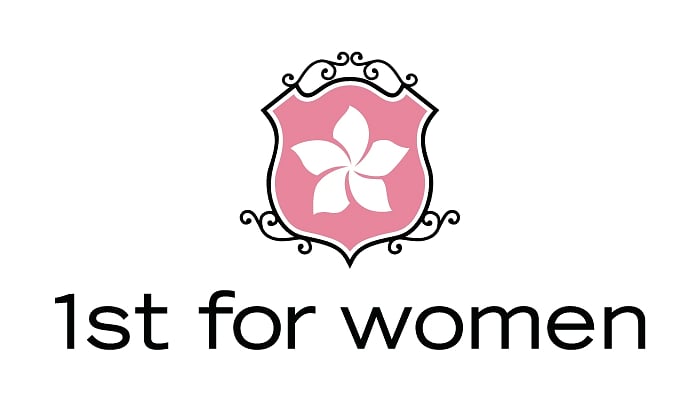
Breast cancer: know your risk
Breast cancer: know your risk
August 17, 2015By First For Women
October is Breast Cancer Awareness Month with the iconic pink ribbon splashed across magazines and the internet. As you read the survivor stories and dutifully study lists of symptoms, it is important to remember that certain women are more at risk of contracting breast cancer than others. Are you one of those women? Understand your personal risk factors for developing breast cancer and how you can fight back against the disease. We spoke to Dr Sarah Rayne at the Netcare Breast Care Centre of Excellence.
Age and family history
The two factors that put you at greatest risk of developing breast cancer are age and a family history of the disease.
If you have a family history of breast cancer it is a good idea to discuss with a GP and ultimately a specialist how often you should have a check-up, says Dr Rayne. A rule of thumb is that you should start going for mammograms when you are ten years younger than the youngest age at which someone else in your family developed breast cancer.
Estrogen exposure
One of the biggest contributors to your risk of breast cancer is your exposure to estrogen in your lifetime. Dr Rayne explains that the following factors will increase your exposure:
- Starting your period early in life and finishing it later than the average woman
- Taking hormone replacement therapy for menopause
- Obesity, as one of the places that estrogen is created is in your body fat
There are, however, also certain factors that decrease estrogen levels:
- Having children before you turn 30
- Having more than five children
- Extended breastfeeding
While we do not have control over many of these factors it is nonetheless helpful to be aware of them so that you can let your healthcare provider know when the time comes for breast exams and developing your own personalised examination plan. Dr Rayne does note, however, that it is best to avoid hormone replacement therapy unless you are really struggling with the symptoms of menopause and your doctor agrees that you are fortunate enough to have a low-risk profile.
Alcohol and exercise
The final two factors that increase your risks of breast cancer are:
- Increased alcohol consumption
- Lack of exercise
These are two risk factors that you do have control over so ditch your next glass of wine for a workout at the gym!
Fight back: regular breast exams and check-ups
All women should examine their breasts once a month, at the same time of the month, so that they become familiar with the feeling of their breast tissue at that point in their hormonal cycle.
If you don't have any of the risk factors we outlined above then you only need to start going for regular breast exams when you turn 40. This means you should have a medical professional examine your breasts for you every six months and a mammogram at least once every two years. After 50, you should go for a mammogram every year.
If you believe that you might be at a higher risk of developing breast cancer you should see a specialist to develop a personalised examination plan. But remember that often breast cancer appears in women with no specific risk factors and this is why regular self-examination is so important.
Any questions?
If you are concerned about breast cancer, or have any questions, you can get in touch with Dr Rayne by visiting the Netcare Breast Care Unit website, and clicking on the Ask Dr Sarah button. She also holds a breast examination clinic for patients who are not on medical aid on Wednesdays at the Helen Joseph Hospital in Johannesburg.
























